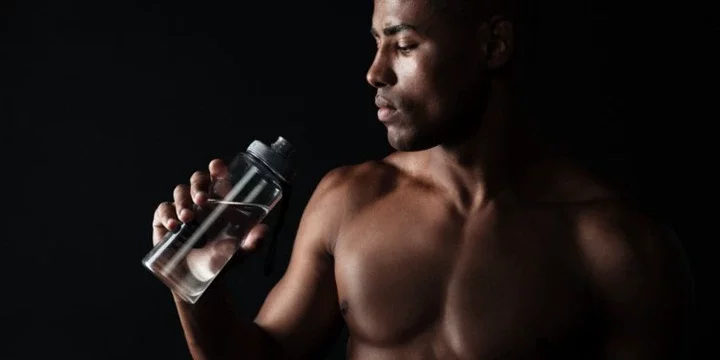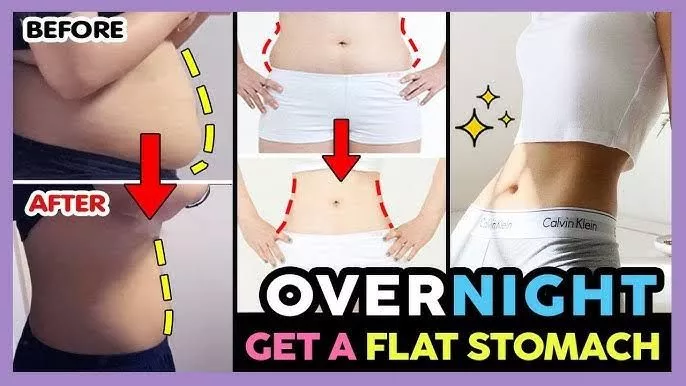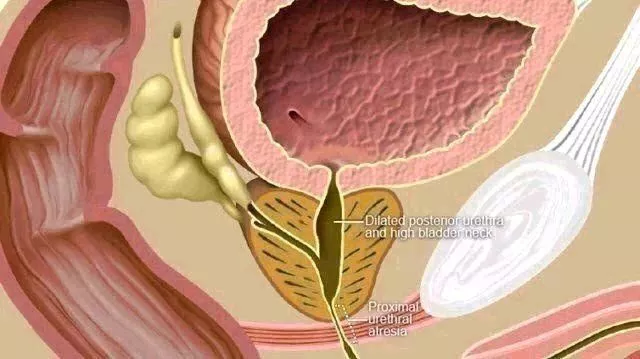
When it comes to bodybuilding, it's not just about lifting weights or hitting the gym. Your body needs the right fuel to grow and thrive. Just like a house needs a solid foundation, your body requires essential vitamins and minerals to build muscle, strengthen bones, and support overall health. Let's look at the key nutrients your body needs for optimal bodybuilding performance.
Importance of Nutrition
Good nutrition is the cornerstone of bodybuilding. Without proper nourishment, your body won't have the building blocks it needs to grow and repair muscle tissue. Just like a car needs the right fuel to run smoothly, your body requires a balanced diet of essential vitamins and minerals to reach its full potential.
5 Vitamins and Minerals Needed for Bodybuilding
1. Calcium
Calcium is crucial for building strong bones and teeth, providing the framework for your body's structure. Imagine calcium as the bricks that hold up a building. Without enough calcium, your bones can become weak and brittle, hindering your bodybuilding progress. Good sources of calcium include dairy products, leafy greens, and fortified foods.
2. Phosphorus
Working hand in hand with calcium, phosphorus plays a vital role in bone health and muscle function. It's like the glue that holds the bricks (calcium) together, ensuring they form a sturdy structure. Phosphorus-rich foods like meat, dairy, and nuts help support bone density and strength.
3. Iron
Iron is essential for transporting oxygen throughout the body, including to your hard-working muscles. Think of iron as the delivery trucks that supply oxygen to construction sites. Without enough iron, your muscles won't receive the oxygen they need to function optimally. Incorporate iron-rich foods like lean meats, beans, and fortified cereals into your diet to support muscle growth and recovery.
4. Iodine
While not directly linked to muscle growth, iodine plays a crucial role in thyroid function, which regulates metabolism and energy production. It's like the thermostat that keeps your body running at the right temperature for growth and repair. Seafood, dairy products, and iodized salt are excellent sources of iodine to support overall health and well-being.
5. Fluoride
While often associated with dental health, fluoride also affects bone strength and density. It's like the protective sealant that keeps your bones strong and resilient against wear and tear. However, excessive fluoride intake can lead to dental fluorosis, so consuming it in moderation from sources like fluoridated water and certain foods is essential.
Other Essential Minerals
In addition to calcium, phosphorus, iron, and iodine, your body requires trace amounts of other essential minerals to function optimally. These include zinc, magnesium, and selenium, which play various roles in muscle contraction, energy production, and immune function.
Conclusion
In conclusion, vitamins and minerals are the building blocks of bodybuilding success. Ensuring your diet is rich in essential nutrients like calcium, phosphorus, iron, and iodine provides your body with the tools to grow stronger, recover faster, and perform better. Remember, a well-nourished body is a powerful body, ready to tackle any challenge in the gym and beyond.
FAQs
1. What role do vitamins play in bodybuilding?
Vitamins are essential in energy metabolism, muscle function, and recovery, supporting overall performance and health during bodybuilding.
2. Can I get all the necessary vitamins and minerals from food alone?
While a balanced diet is crucial, some individuals may benefit from supplementation to ensure they meet their nutrient needs, especially if their diet is restricted or lacks certain nutrients.
3. Are there any vitamins or minerals that can enhance muscle growth specifically?
Certain vitamins and minerals, such as vitamin D and magnesium, have been linked to improved muscle function and growth. However, it's essential to maintain overall nutrient balance for optimal results.
4. How does hydration affect vitamin and mineral absorption?
Proper hydration is essential for nutrient absorption and overall bodily functions. Staying hydrated ensures vitamins and minerals are effectively transported throughout the body, supporting muscle growth and recovery.
5. Can excessive intake of vitamins and minerals be harmful?
Yes, consuming too much of certain vitamins and minerals can adversely affect health. Following recommended intake guidelines and avoiding excessive supplementation without medical supervision is essential.
















Comments